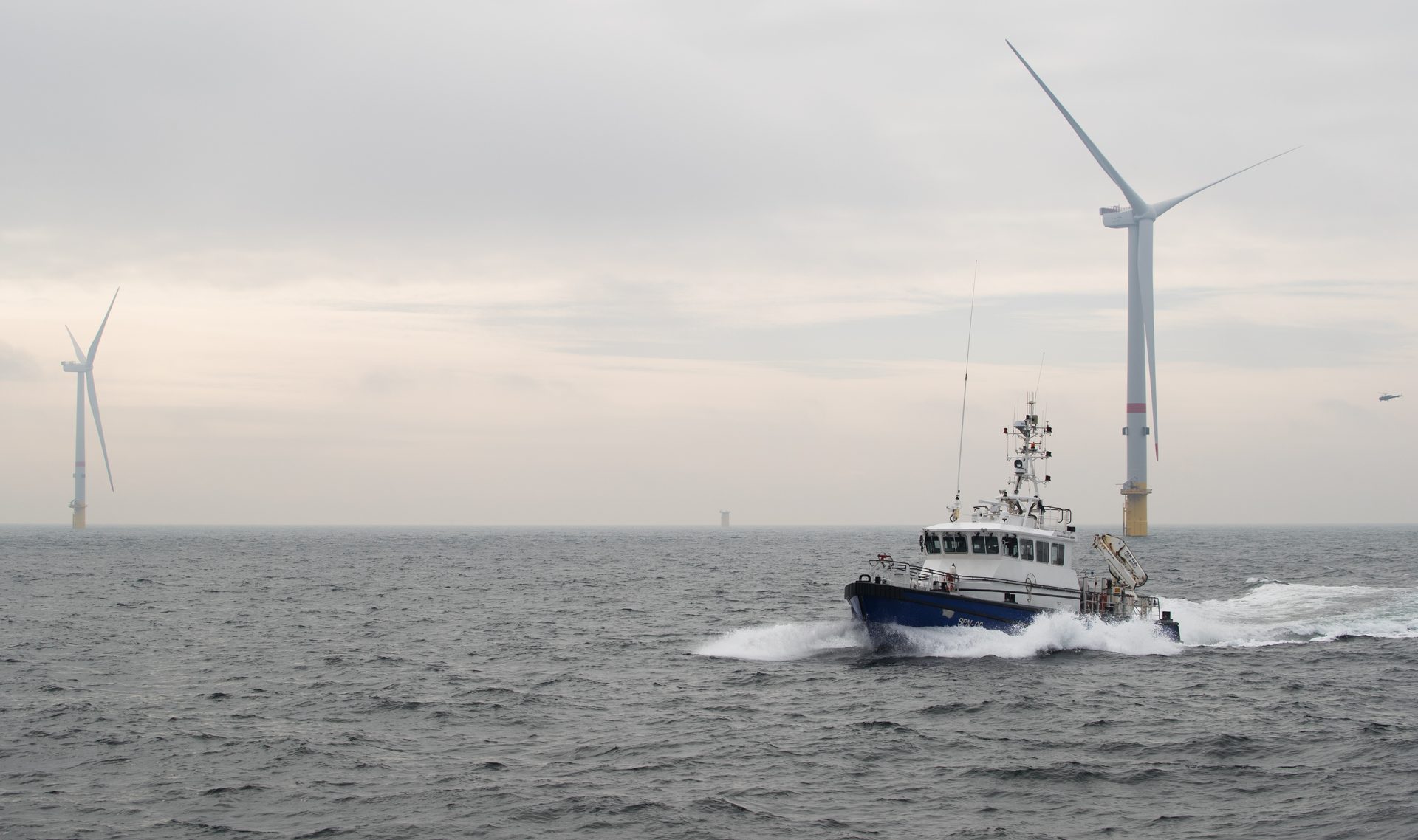Unforeseen costs arising from the completion of the world's first artificial 'energy island' off the Belgian coast could increase household energy bills by up to €65 per year.
According to government documents recently obtained by Le Soir, the anticipated costs for building the six hectare-wide Princess Elisabeth Island have risen from €2.205 billion to €3.566 billion – a 62% increase. When completed, the project should centralise and distribute up to 3.5 gigawatts of energy produced by a new wind farm in the North Sea.
This news comes as Belgium's electricity system operator Elia, which is tasked with overseeing the island's construction, announced on Tuesday that it wants to increase its energy tariffs by 80% from 2024-2027 in order to pay for "huge infrastructure investments".
According to Le Soir's estimates, such an increase would mean that Belgian households will experience additional energy bills of between €35 and €65 per year. Small and medium-sized enterprises (SMEs) and large businesses would be expected to pay an extra €960 and €96,000 respectively.
The requested tariff hike comes in spite of the fact that Elia recently announced that its profits rose to €408.2 million in 2022, a 25% increase compared to the previous year.
Belgium's Federal Commission for Electricity and Gas Regulation (CREG), which has the sole authority to approve Elia's request, is expected to announce its preliminary opinion on the issue in September, with a final decision anticipated by the end of the year.
'An extra burden'
The potential increase in energy bills is likely to compound Belgians' severe financial anxiety, with many citizens already struggling to cope with record-high food prices.
Earlier this month, International Energy Agency Executive Director Fatih Birol warned that he "wouldn't rule out blackouts" in Europe this winter, as China's increasing demand for energy combined with a particularly cold winter could mean that the continent will suffer unprecedented energy shortages.
Related News
- Electricity operator Elia’s profits leapt by 25% last year
- High energy prices killed 68,000 Europeans this winter, study finds
"In a scenario where the Chinese economy is very strong, buys a lot of energy from the markets, and we have a harsh winter, we may see strong upward pressure under natural gas prices, which in turn will put an extra burden on consumers," he said.
According to a recent study by The Economist, 68,000 Europeans may have died as a result of high energy prices last winter – more than are believed to have died from Covid-19 over the same period.
"High energy prices can cost lives," the study noted. "They discourage people from heating their homes properly, and living in cold conditions raises the risk of cardiac and respiratory problems."

